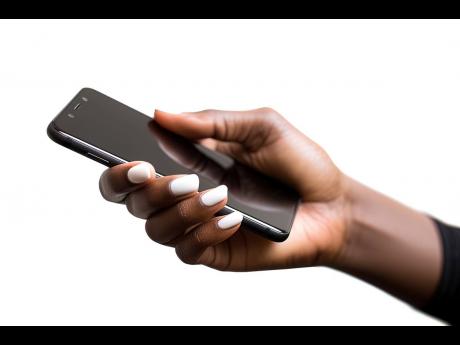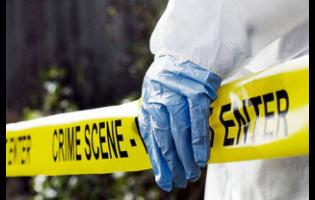Security expert warns about ‘going live’
While 'going live' can be an exciting way for social media users to connect with an audience, build their personal brands, or earn quick money, security consultant and crime expert Robert Finzi-Smith is concerned that persons aren't aware of the significant risks.
He said that going live, or live-streaming, can result in various issues including what he terms "self-hacking", in which persons unknowingly expose themselves to risks by sharing too much information.
"There are people who, let's say go to the bathroom, they literally tell you how many sheets of toilet paper they use," he said. This level of oversharing removes any mystery about a person's whereabouts and activities, making them vulnerable to those with ill intentions. One of the most alarming aspects of going live is how it can blur the line between online and real-life interactions.
"People walk up to you in public spaces in a very familiar fashion because they have seen you on social media and speak to you as if they've known you personally for quite some time," Finzi-Smith explained. This can be disorienting for the person being approached, who may feel compelled to engage with a stranger out of politeness, not realising they could be putting themselves in danger.
Beyond personal safety, going live can also jeopardise the safety of others. When a person broadcasts from a public location, they may inadvertently expose the whereabouts of those around them, who may have no desire to be filmed or have their location shared with the world.
"It places people at a disadvantage because people don't know who now knows where they are," said Finzi-Smith. This unintentional exposure could potentially be life-threatening, especially if the person being filmed is in a vulnerable situation or trying to maintain privacy. He also opined that going live has likely "destroyed some marriages and relationships."
"[Imagine] you are somewhere where your spouse doesn't know you are embroiled with someone [who] the spouse doesn't know you're embroiled with, and you end up as the background of somebody's live," he said.
Drawing a parallel with a military saying 'time spent in reconnaissance is never wasted', he suggested that live-streaming does the same for criminals, as individuals may inadvertently provide detailed information about their location, surroundings, and activities.
"I not only know where you are, I can tell you what the layout is," he said. In a realistic scenario, someone doing a live stream for two hours to maximise earnings may unwittingly give a criminal time to locate them, carry out their plan and flee.
"This anonymity makes it difficult to trace the perpetrators because it could be anybody," he said.






































